Comprehensive Guide to Chilton Truck and Van Repair
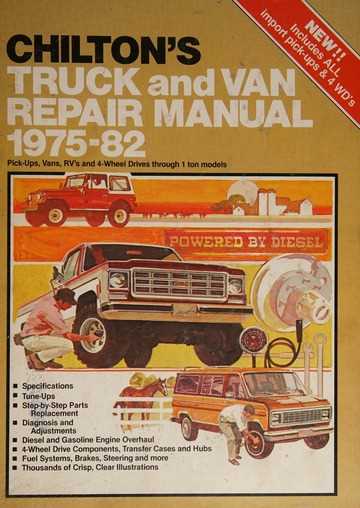
In the realm of automotive care, having access to detailed resources is essential for anyone looking to enhance their knowledge and skills. A well-structured reference can provide invaluable insights into various aspects of vehicle maintenance, ensuring that users can address issues effectively and efficiently.
This guide serves as a crucial tool for those eager to understand the intricacies of vehicle servicing. With an array of practical tips and thorough explanations, it aims to empower users to tackle a wide range of tasks, from routine checks to more complex procedures.
Whether you’re a seasoned enthusiast or just starting your journey into automotive work, the information contained within this resource will help you navigate the challenges of maintaining your vehicles with confidence. Equipped with the right knowledge, you can ensure optimal performance and longevity for your machines.
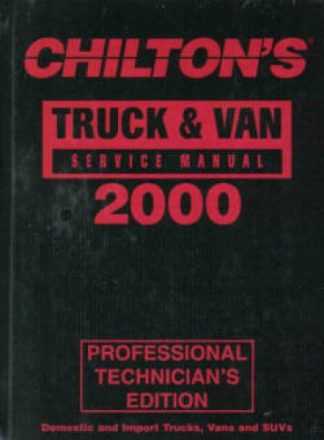
This section aims to provide a comprehensive understanding of the resources available for vehicle maintenance and troubleshooting. These publications are essential for both novice and experienced individuals seeking guidance on automotive issues.
Key Features of the Guides
- Detailed instructions for various tasks
- Illustrations and diagrams for better understanding
- Tips for common problems and solutions
- Specifications and guidelines for different models
Benefits of Using Such Resources
- Enhances knowledge of vehicle systems
- Saves time and money on repairs
- Empowers users to perform maintenance independently
Importance of Vehicle Maintenance
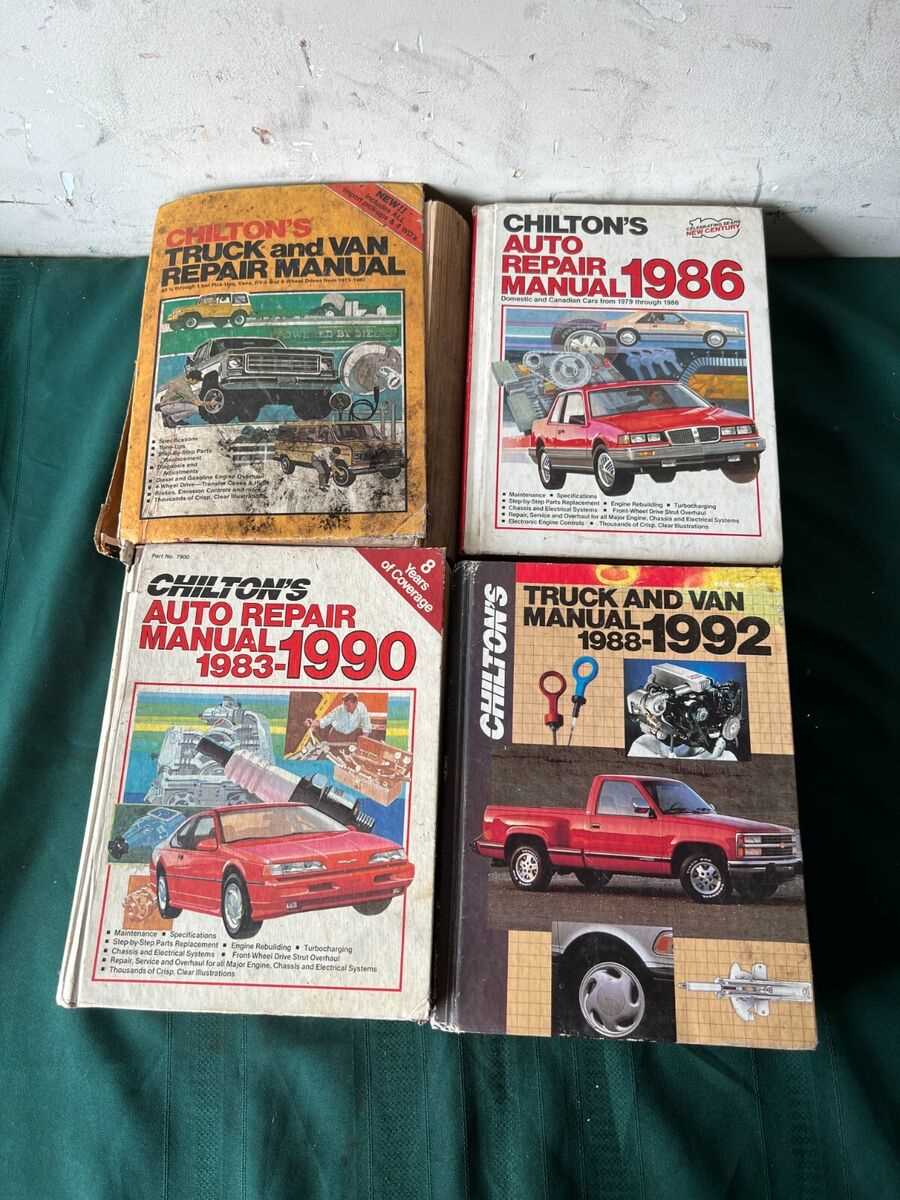
Proper upkeep of any automobile is essential for ensuring longevity and optimal performance. Regular attention to various components not only enhances safety but also promotes efficiency, ultimately saving time and money for the owner.
Routine inspections play a crucial role in identifying potential issues before they escalate into major problems. By monitoring elements such as fluid levels, brakes, and tires, drivers can significantly reduce the risk of unexpected breakdowns.
Moreover, adhering to a maintenance schedule can lead to better fuel economy and reduced emissions, contributing to a healthier environment. An efficiently running vehicle minimizes wear and tear, making it a wise investment for any owner.
Key Features of Chilton Guides
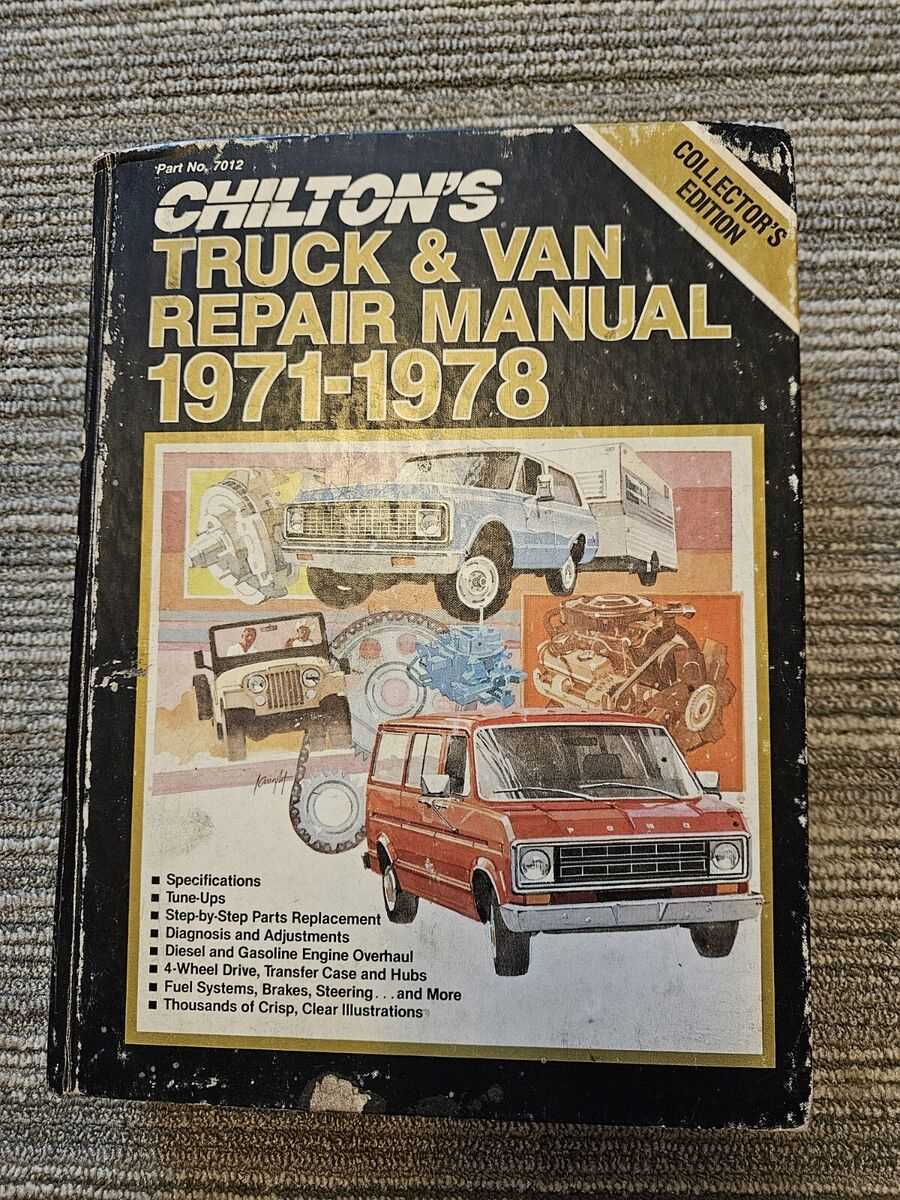
These comprehensive resources are designed to assist vehicle owners and enthusiasts in maintaining and troubleshooting their automobiles effectively. They offer a range of essential information and tools to ensure optimal performance and longevity.
- Step-by-Step Instructions: Clear, detailed guidance for various tasks, from routine maintenance to complex repairs.
- Diagnostic Troubleshooting: Useful techniques for identifying issues, complete with common symptoms and solutions.
- Specifications: Extensive technical data, including engine specifications, torque settings, and wiring diagrams.
- Illustrative Diagrams: Visual aids that enhance understanding and simplify complex processes.
- Safety Precautions: Important guidelines to ensure user safety during maintenance and repairs.
These guides empower individuals to take control of their vehicle care, fostering confidence and independence in automotive tasks.
Types of Repairs Covered
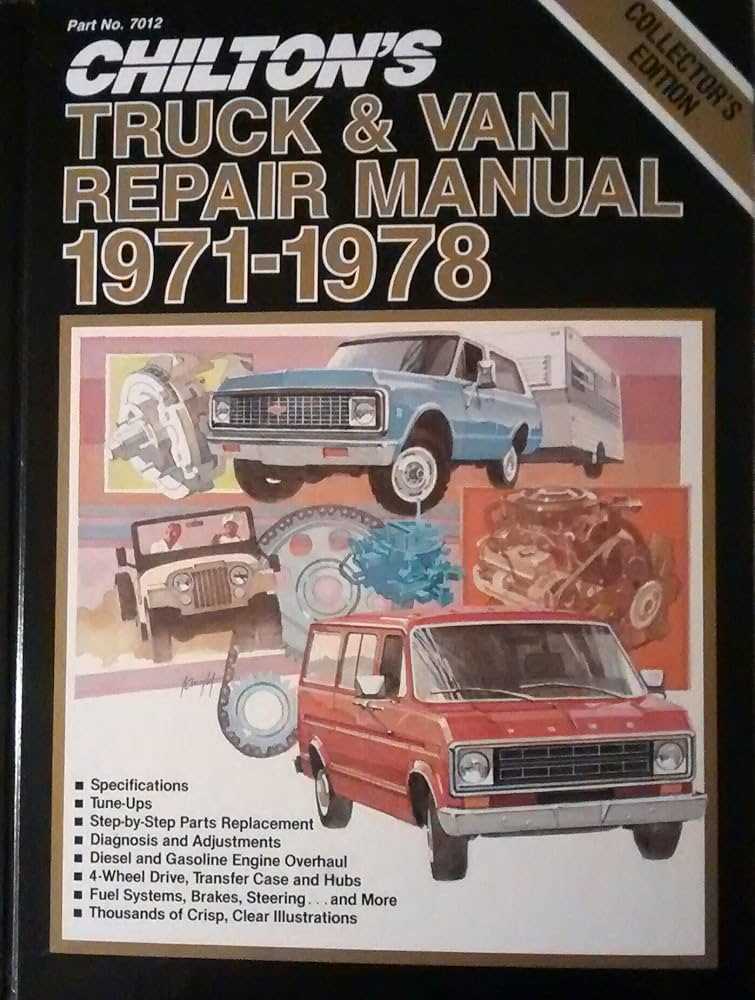
This section outlines the various maintenance tasks and troubleshooting techniques that can be addressed using comprehensive guidelines. The information provided is designed to assist in resolving common issues that vehicle owners may encounter.
Routine Maintenance
Regular upkeep is crucial for extending the lifespan of any vehicle. This includes tasks such as oil changes, filter replacements, and fluid checks, ensuring optimal performance and reliability.
Advanced Diagnostics
In addition to basic maintenance, complex problem-solving techniques are also included. These involve identifying and rectifying more intricate issues, such as electrical system failures or engine performance irregularities, which require a deeper understanding of vehicle mechanics.
How to Use the Manual Effectively
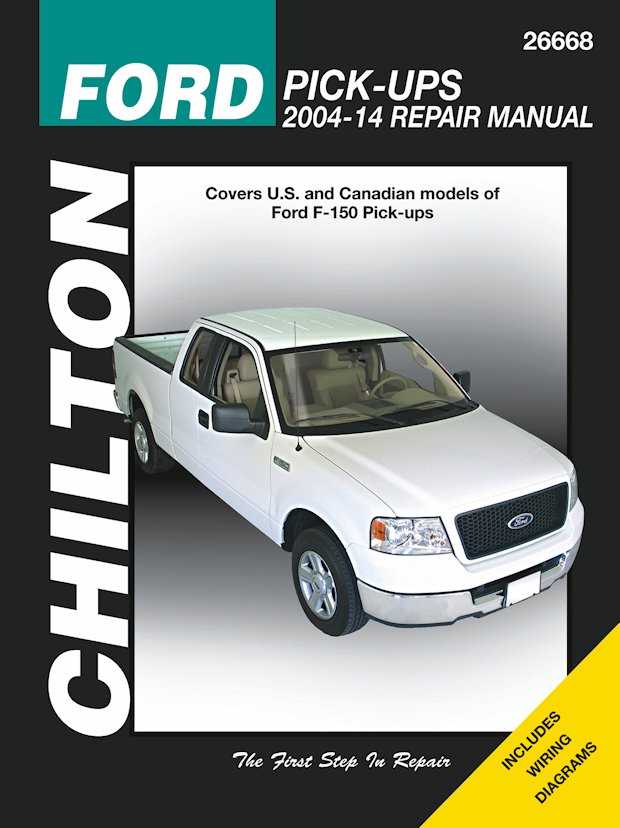
To maximize the benefits of this resource, it is essential to approach it with a clear strategy. Understanding its structure and the type of information it provides can significantly enhance your experience and efficiency.
Start with the Table of Contents: This section will help you locate specific topics quickly. Familiarizing yourself with the layout allows for easier navigation when searching for particular procedures or guidelines.
Utilize the Index: The index at the back is a valuable tool for finding detailed information on specific issues. Look up terms related to the problem you are facing to access relevant sections promptly.
Follow Step-by-Step Instructions: Each procedure is usually outlined in a clear, sequential manner. Adhering to these instructions carefully ensures that tasks are completed accurately and safely.
Take Notes: Jot down any additional insights or tips you discover while using this resource. Personal annotations can provide helpful reminders for future reference.
By employing these strategies, you can navigate the content more effectively and tackle any project with confidence.
Troubleshooting Common Issues
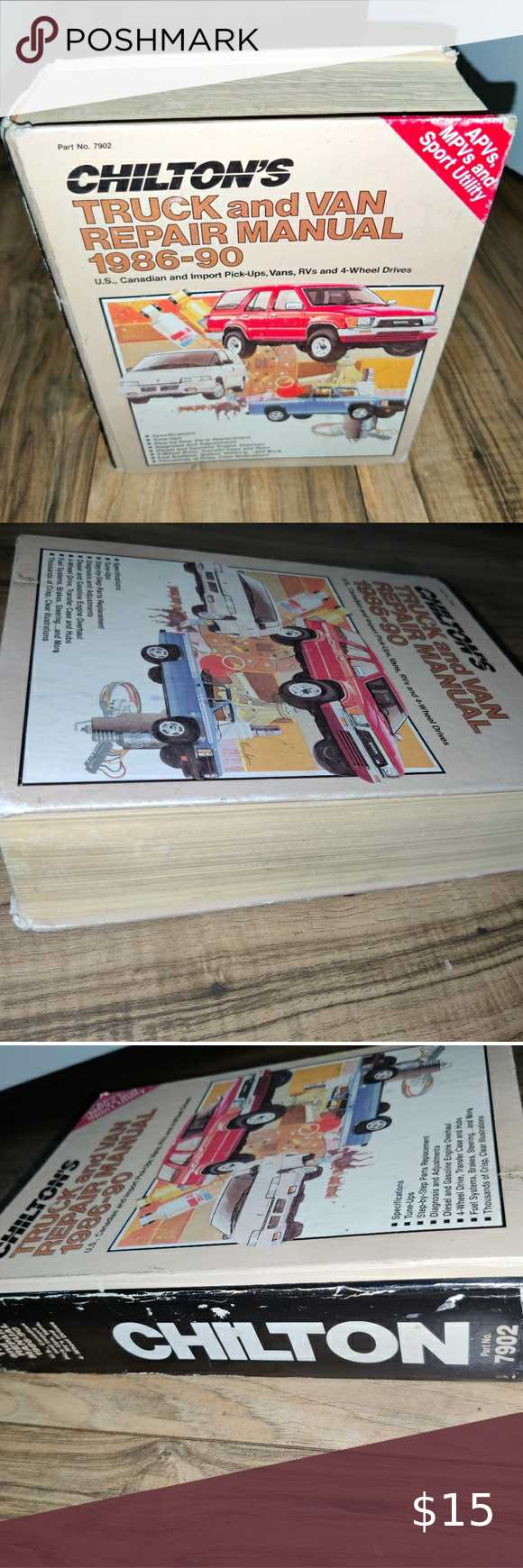
Identifying and resolving frequent problems is essential for maintaining optimal performance in vehicles. Many users encounter similar challenges that can often be addressed with systematic approaches. Understanding the underlying symptoms can lead to effective solutions, ensuring the longevity and reliability of the automobile.
Electrical System Failures
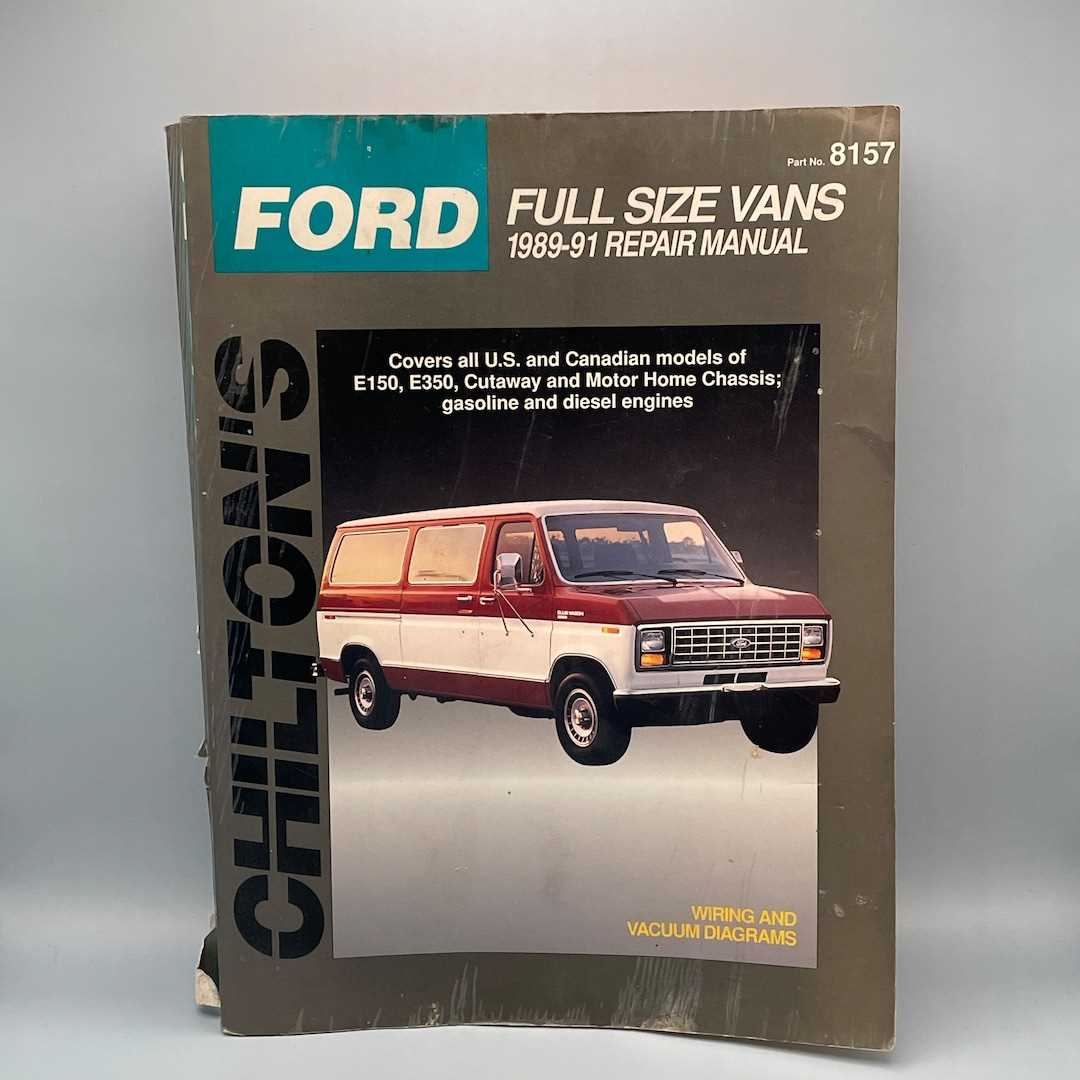
Issues related to the electrical system can manifest as intermittent power loss or malfunctioning components. Common causes include worn-out batteries, loose connections, or faulty fuses. Conducting a thorough inspection of the wiring and connections is crucial to pinpoint the source of the problem.
Engine Performance Problems
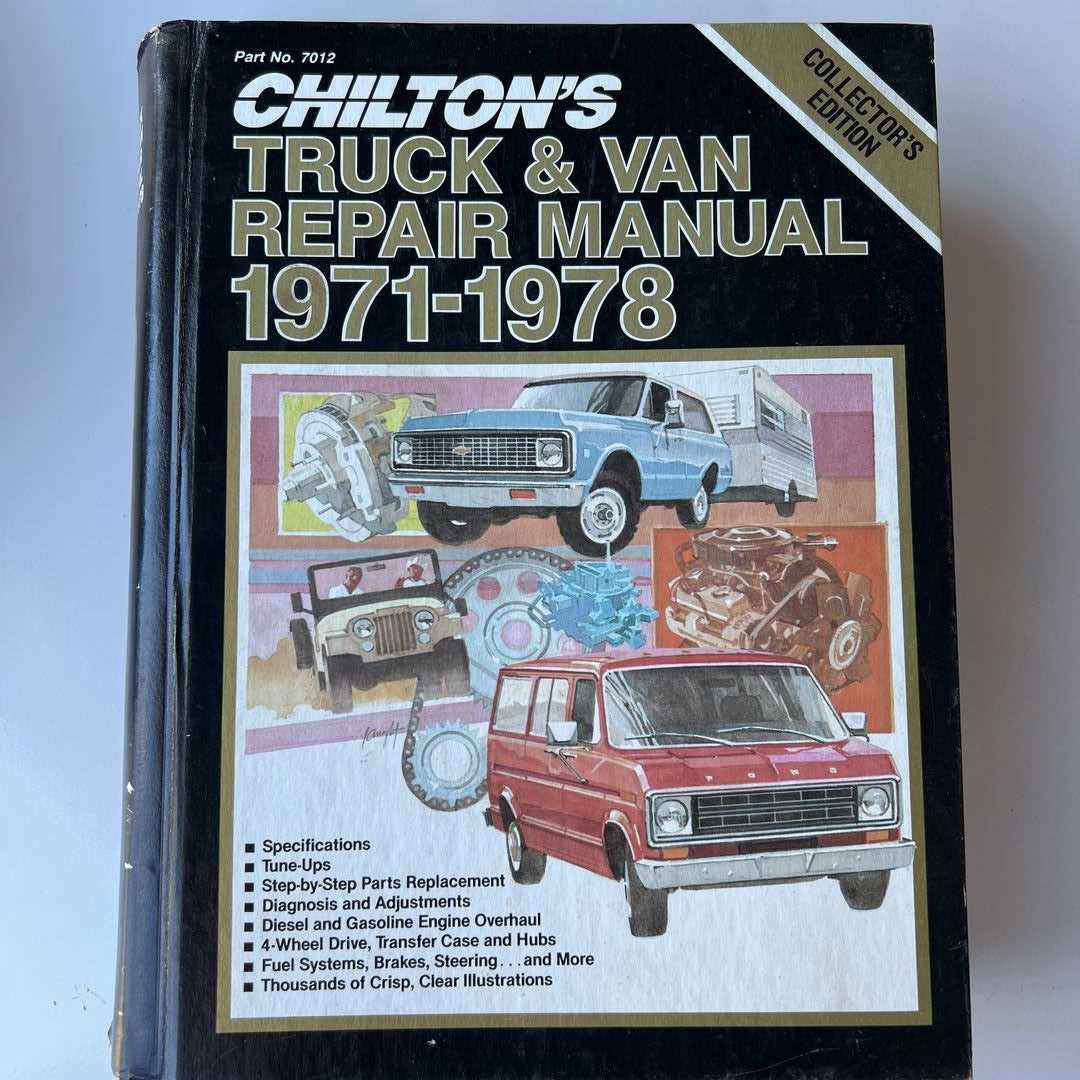
Performance issues often present as decreased power or unusual noises from the engine. These can stem from a variety of factors, including clogged filters, fuel delivery problems, or ignition system faults. Regular maintenance checks can help identify these issues before they escalate, ensuring smooth operation.
Understanding Vehicle Specifications
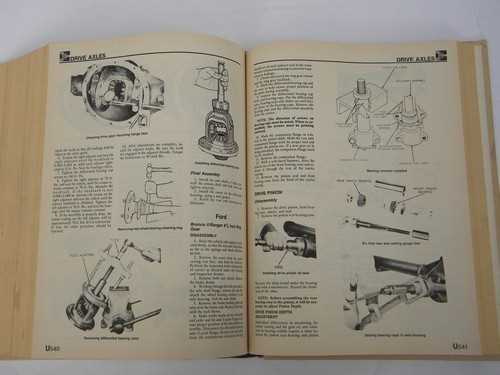
Comprehending the details of a vehicle’s characteristics is crucial for effective maintenance and performance optimization. These specifications encompass a range of factors that define how a vehicle operates, interacts with its components, and meets user needs.
Key Specifications to Consider
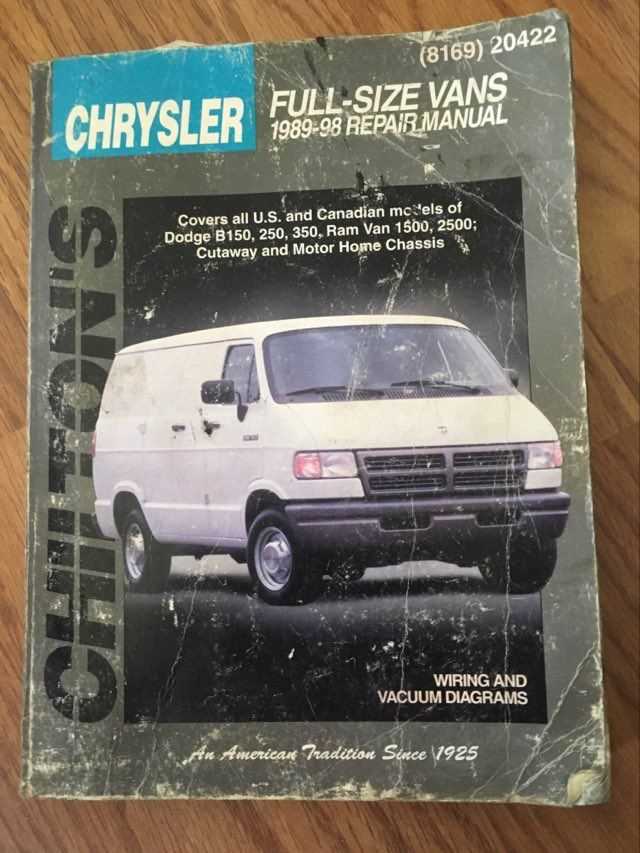
- Engine Performance: Includes horsepower, torque, and fuel efficiency.
- Transmission Type: Refers to whether the vehicle has a manual or automatic gearbox.
- Dimensions: Overall size, including length, width, and height, affects handling and storage capabilities.
- Weight Ratings: Understanding gross vehicle weight helps in safe loading and towing.
- Drivetrain Configuration: Whether the vehicle is front-wheel, rear-wheel, or all-wheel drive influences traction and stability.
Importance of Specifications in Maintenance
Knowledge of specifications aids in troubleshooting and selecting appropriate replacement parts. By adhering to the manufacturer’s guidelines, vehicle owners can ensure longevity and reliability.
- Review the owner’s documentation regularly.
- Stay updated with service bulletins and recalls.
- Utilize specifications to compare aftermarket components.
Step-by-Step Repair Procedures
This section provides a comprehensive approach to troubleshooting and fixing various issues that may arise in larger vehicles. By following structured instructions, one can effectively address problems while ensuring safety and efficiency throughout the process.
Essential Tools and Equipment
Before commencing any maintenance task, it is crucial to gather all necessary tools. Below is a list of items typically required:
| Tool | Purpose |
|---|---|
| Wrench Set | For loosening and tightening bolts |
| Screwdrivers | For handling screws of various sizes |
| Jack and Stands | To lift the vehicle safely |
| Multimeter | For electrical diagnostics |
Procedure Overview

To ensure a successful outcome, adhere to the following sequence of actions:
- Identify the issue through preliminary checks.
- Consult appropriate documentation for specific guidance.
- Prepare the workspace and ensure all safety measures are in place.
- Execute the outlined steps meticulously, taking care to monitor progress.
- Test the vehicle post-repair to confirm functionality.
Recommended Tools for Repairs
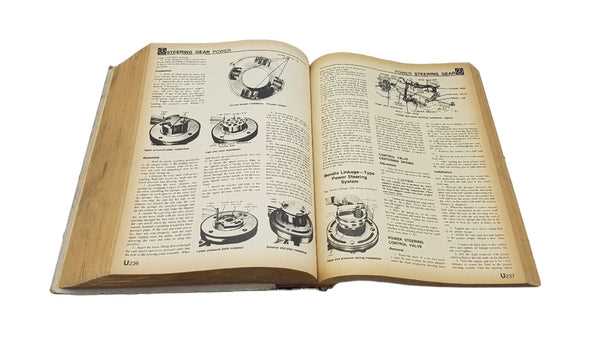
Having the right instruments is essential for effective maintenance and enhancement tasks. Proper equipment not only facilitates the work but also ensures safety and precision during various procedures. Below is a list of suggested implements that can significantly aid in achieving optimal results.
Essential Hand Tools
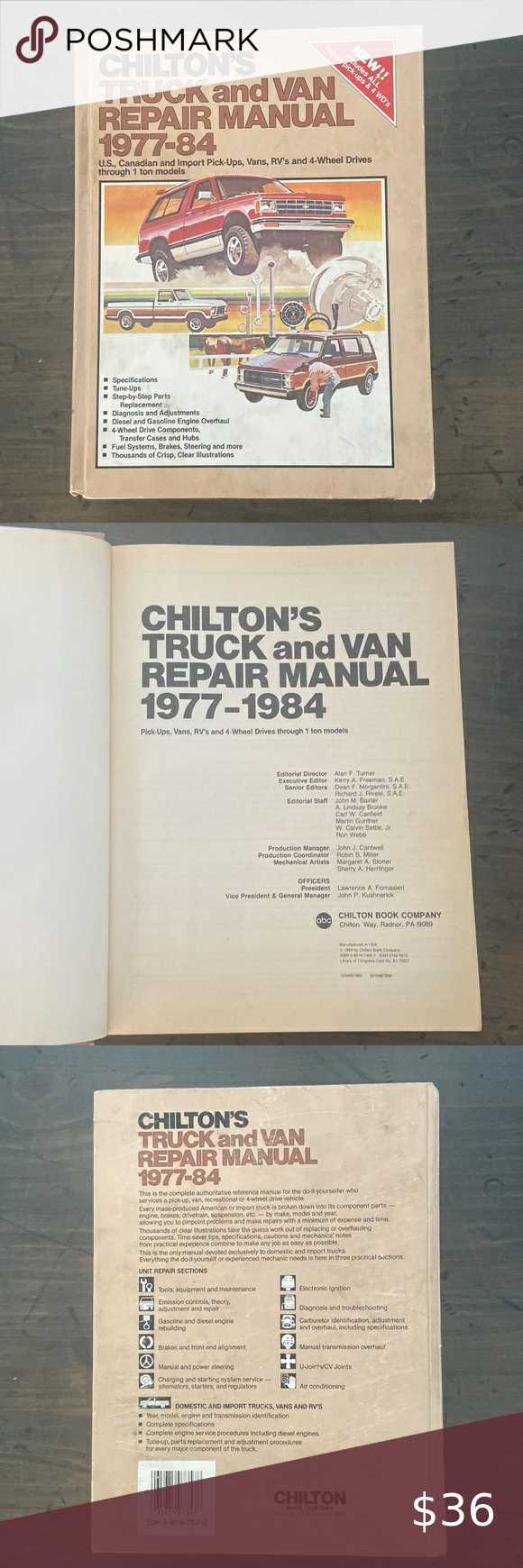
| Tool | Purpose |
|---|---|
| Wrenches | Used for tightening or loosening nuts and bolts. |
| Screwdrivers | Ideal for inserting or removing screws. |
| Pliers | Useful for gripping, twisting, and cutting wire. |
Power Tools for Efficiency
| Tool | Purpose |
|---|---|
| Electric Drill | For drilling holes and driving screws quickly. |
| Impact Wrench | Perfect for high-torque tasks like removing lug nuts. |
| Angle Grinder | Used for cutting and grinding metal components. |
Maintaining Safety During Repairs
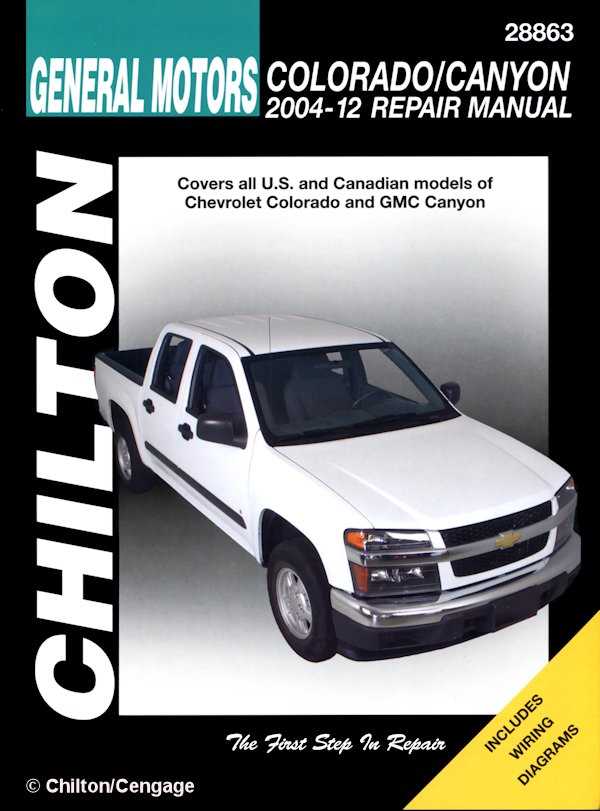
Ensuring a secure environment while conducting maintenance tasks is essential for preventing accidents and injuries. Proper precautions not only protect the individual performing the work but also contribute to the longevity of the equipment involved.
Here are some vital safety practices to consider:
- Wear appropriate personal protective equipment (PPE) such as gloves, goggles, and sturdy footwear.
- Keep the workspace organized and free from clutter to reduce the risk of trips and falls.
- Ensure adequate ventilation when working with hazardous materials or chemicals.
- Disconnect the battery and other power sources before beginning any task to prevent electrical shocks.
- Utilize tools and equipment properly, following the manufacturer’s instructions to avoid mishaps.
In addition to these practices, it’s crucial to have a first aid kit readily available and to be familiar with emergency procedures in case of an accident.
Comparing Chilton with Other Manuals
When evaluating various guides for automotive maintenance, it’s crucial to consider the strengths and weaknesses of each source. Different publications offer unique approaches to troubleshooting and servicing vehicles, which can greatly influence the user experience and effectiveness of repairs.
Content Depth and Clarity
One key factor to examine is the depth of information provided. Some resources are known for their detailed explanations and comprehensive diagrams, while others may focus more on brevity and ease of use. The clarity of instructions can significantly impact how easily a user can understand and execute tasks.
Visual Aids and Accessibility
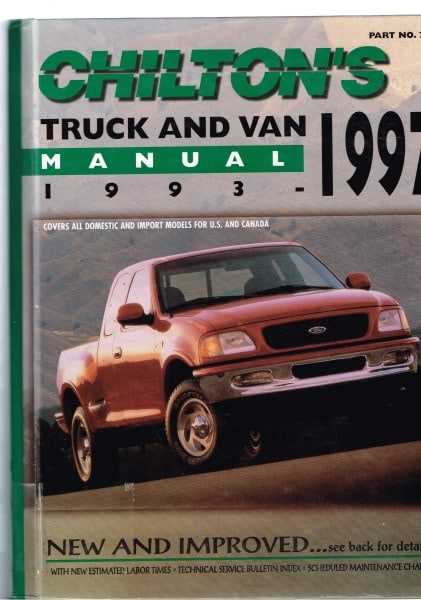
Another important aspect is the availability of visual aids. Manuals that include high-quality images and diagrams tend to enhance understanding, making complex procedures more approachable. Accessibility, including the organization of topics and ease of navigation, also plays a vital role in how effectively a guide serves its purpose.
Resources for Additional Information
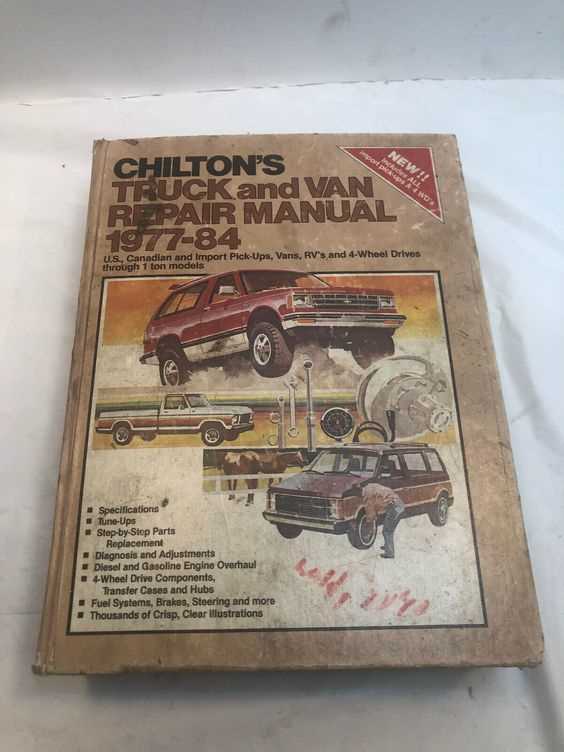
When seeking further guidance on maintenance and troubleshooting, various sources can enhance your understanding and skills. These materials can provide comprehensive insights, practical tips, and detailed illustrations to assist you in your projects.
Online platforms offer a wealth of knowledge, including forums, instructional videos, and articles written by experienced professionals. Additionally, specialized publications and guides can serve as valuable references, offering in-depth information tailored to specific models and systems.
Consulting community groups and workshops can also facilitate hands-on learning and support from fellow enthusiasts. Engaging with these resources ensures you stay informed about the latest techniques and best practices in the field.